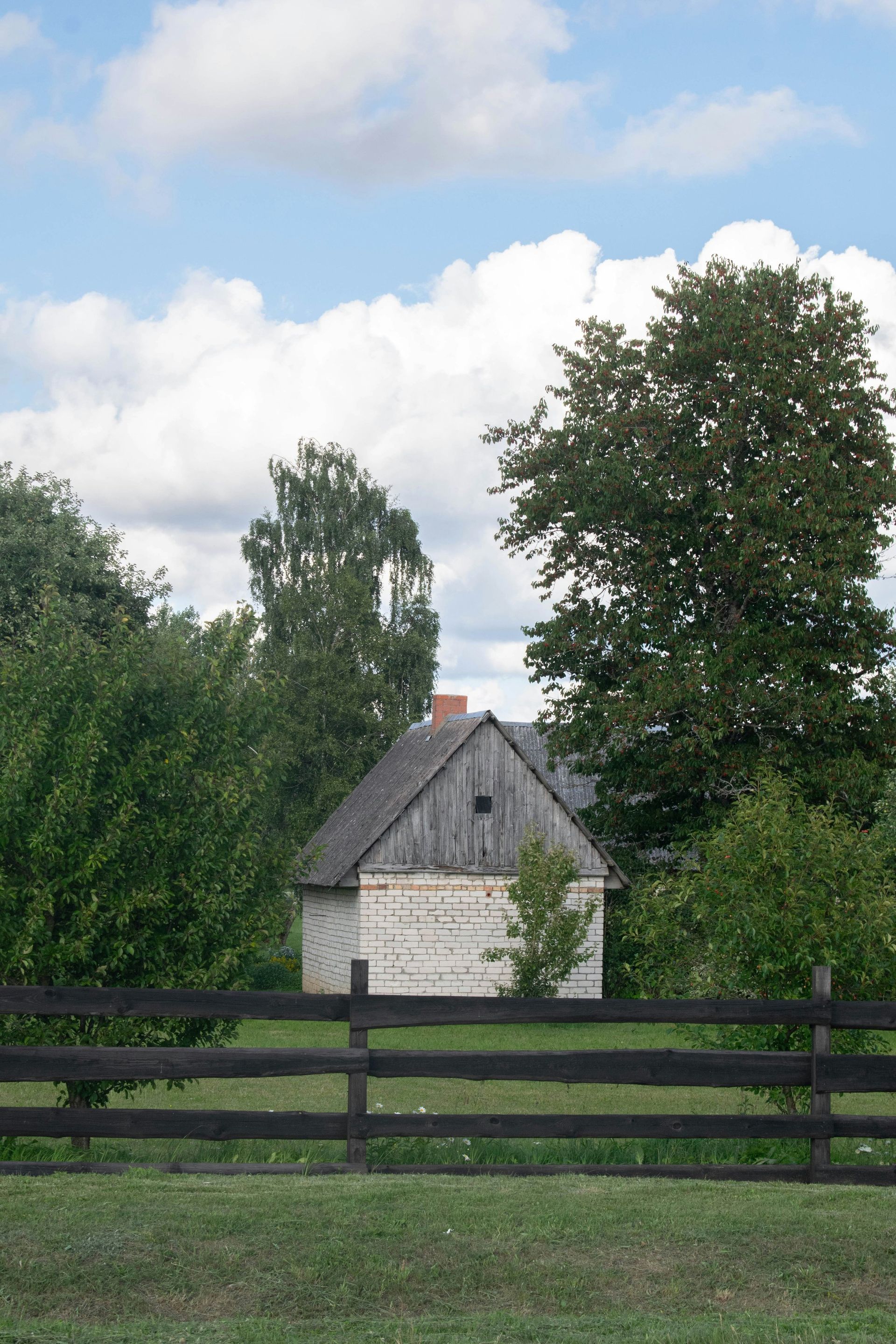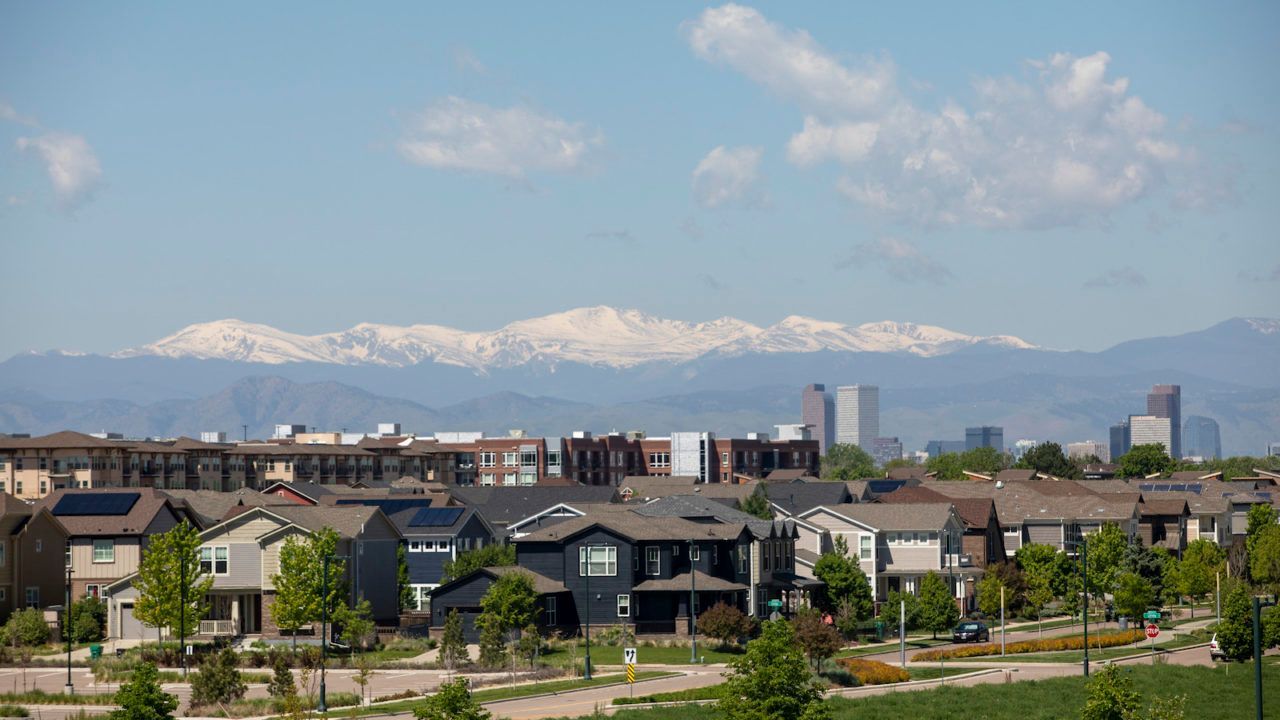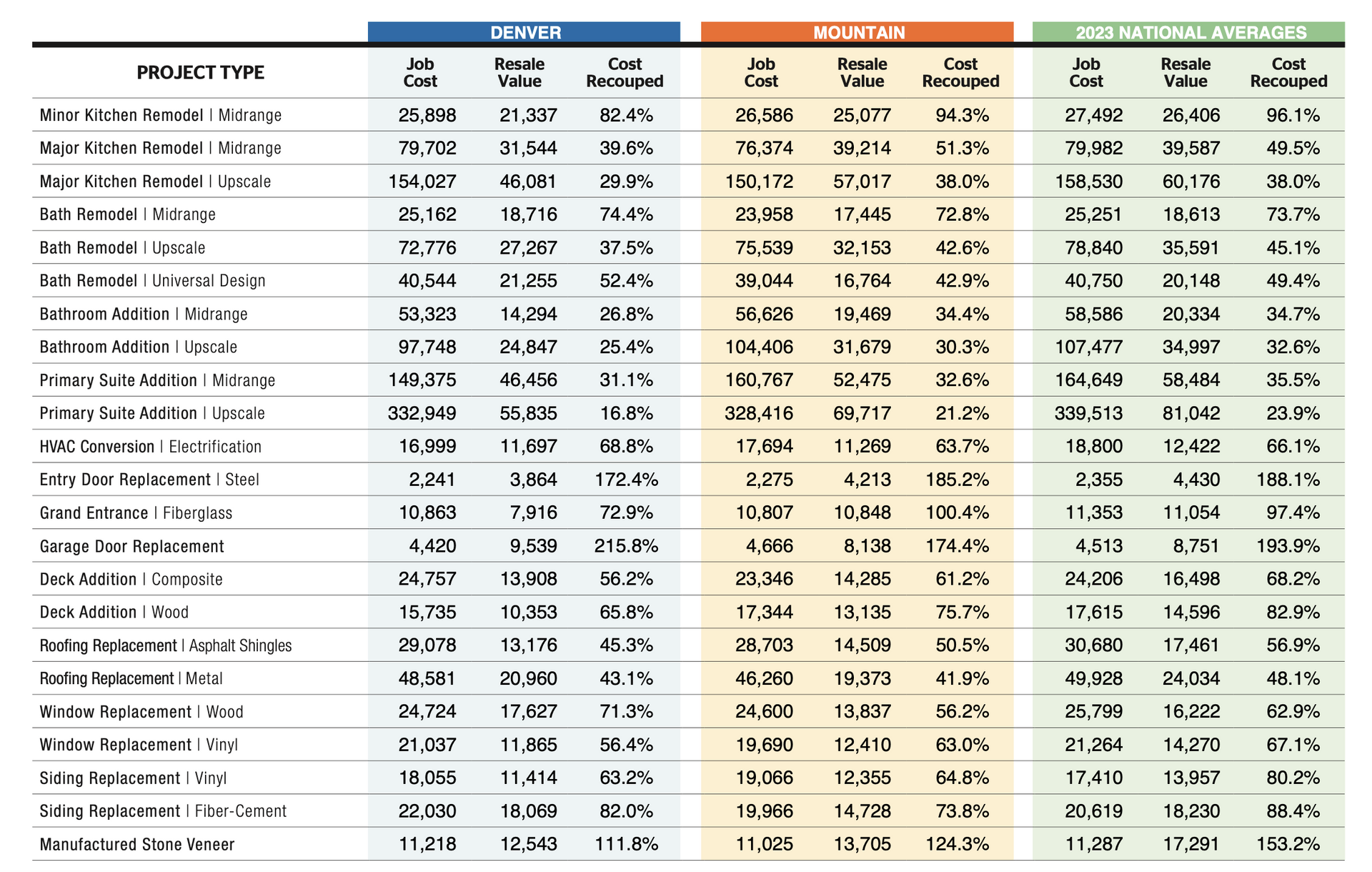Denver’s New ADU Rules: A Game Changer for Investing in Real Estate
The Denver City Council has taken a major step toward empowering homeowners by simplifying the process of building accessory dwelling units (ADUs). This change creates new opportunities for investing in real estate and generating rental income in neighborhoods across the city.
The most impactful update? Homeowners no longer need to go through a lengthy rezoning process to construct an ADU, such as a backyard cottage or a separate apartment. A study suggests this could lead to hundreds of additional ADUs being built annually, offering Denver residents innovative ways to build wealth in real estate.
“We are in a housing crisis, and this is a good step toward combating the issue,” said Council member Darrell Watson in an interview with Denverite.
ADUs: A Tool for Real Estate Investors and House Hackers
This citywide policy marks Denver’s boldest effort yet to encourage ADU construction. Previously, only certain neighborhoods could take advantage of these flexible housing options. Now, every single-family neighborhood in Denver will have the opportunity to leverage ADUs to generate income or embrace house hacking.
“The new zoning allows 70% more of the city to build ADUs. This opens the door for anyone wanting to house family members like parents or children—or create rental income to offset their mortgage,” Watson said.
This initiative aligns with a statewide movement to address the housing shortage. A new Colorado law requires cities like Denver to relax restrictions on ADUs. Public support for this change was overwhelming, with many, like Andy Cushen, pointing out how ADUs can make city living more affordable.
“It gave me and my husband the opportunity to buy a home in the city we love,” Cushen explained. For homeowners looking to invest in real estate or reduce housing costs, ADUs are a powerful tool.
New Rules, Effective December 2024
The updated ADU law takes effect on December 16, 2024. While property owners still need construction permits and must follow design guidelines, they no longer need approval from neighbors. Another key change eliminates the requirement for owners to live on-site, making ADUs even more attractive to investors and house hackers.
How Many ADUs Will Be Built?
Denver could see 200 to 300 new ADUs built annually, according to housing expert and former city councilmember Robin Kniech. Her analysis of reforms in other cities, like Seattle and Los Angeles, suggests that ADU construction grows steadily over time.
“This isn’t going to flood neighborhoods with ADUs all at once,” Kniech said. They’re too expensive and complex to build quickly, but each new unit is a long-term asset for building wealth in real estate.
Seattle’s ADU reforms quadrupled their construction rate, resulting in over 500 units built annually. Similar trends could emerge in Denver as the new rules take effect.
Costs and Incentives for ADU Construction
While Denver’s streamlined regulations reduce red tape, construction costs remain a hurdle. Building an ADU can exceed $300,000, which may deter some homeowners. However, funding opportunities are available. The state has allocated $13 million in grants to support ADU projects, while Denver’s WDSF+ ADU Pilot Program provides pre-designed floorplans and financial assistance to help lower costs.
For those interested in investing in real estate, ADUs offer a unique chance to create rental income while enhancing property value.
Addressing Setback Rules
One unresolved issue involves setbacks—the required distance between an ADU and property lines. Denver allows larger setbacks in some neighborhoods, conflicting with the state’s five-foot maximum. Council member Paul Kashmann expressed concern about potential state pushback but noted that any legal disputes would ultimately be resolved in court.
ADUs Across Colorado
The new state law applies to nearly 70 cities and towns with populations over 1,000 that are part of a metropolitan planning organization (MPO). This includes communities along the Front Range, Grand Junction, and surrounding areas.
For Denver homeowners, these changes represent a powerful opportunity to embrace house hacking, create rental income, and contribute to solving the housing crisis—all while building wealth in real estate.




We are committed to providing an accessible website. If you have difficulty accessing content, have difficulty viewing a file on the website, notice any accessibility problems, or should you require assistance in navigating our website, please contact us.
©Copyright - All Rights Reserved
Website Powered by National Association of REALTORS®









